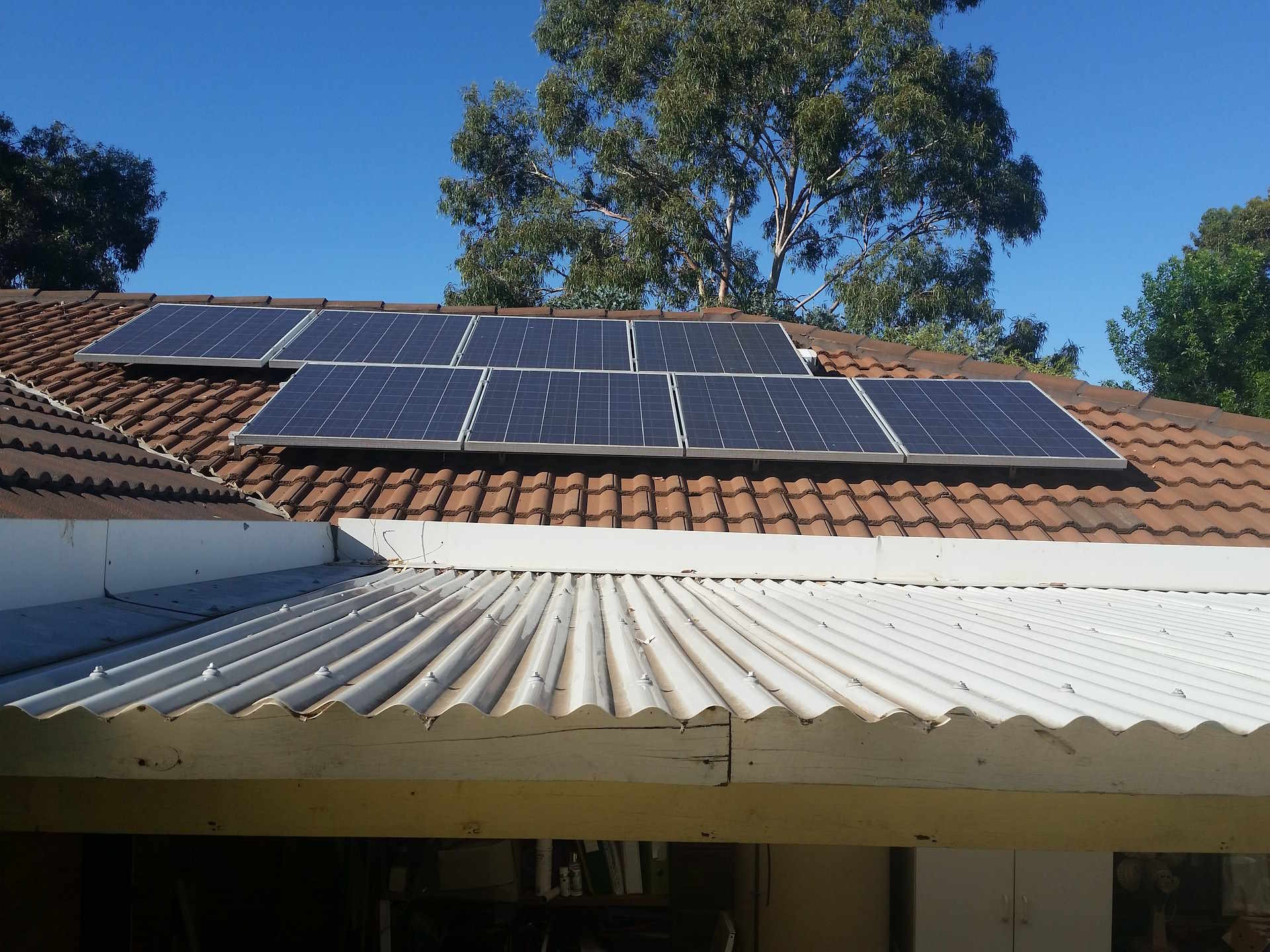Learn about career paths in the solar panel industry in Australia
The solar panel industry in Australia presents a growing array of opportunities for individuals interested in renewable energy. As the nation shifts towards sustainable energy solutions, various pathways are available for those looking to join this vital sector. From installation and maintenance to engineering and project management, understanding the requirements and steps to enter this field can be beneficial for career development.

What is the current state of the solar panel industry in Australia?
Understanding the Solar Panel Industry Landscape in Australia is crucial for those considering a career in this sector. Australia has one of the highest rates of residential solar panel installations globally, with over 3 million rooftop solar systems installed as of 2023. The industry has seen steady growth due to factors such as falling technology costs, government incentives, and increasing environmental awareness among consumers.
The solar industry in Australia encompasses various segments, including residential, commercial, and utility-scale solar installations. This diversity creates a wide range of job opportunities across different specializations. As the industry continues to evolve, new roles are emerging, particularly in areas such as energy storage, smart grid technologies, and solar system maintenance.
What are the main career paths in the solar panel sector?
There are numerous Pathways to Entering the Solar Panel Sector in Australia, catering to individuals with different educational backgrounds and skill sets. Some of the primary career paths include:
-
Solar Panel Installer: These technicians are responsible for installing and maintaining solar panel systems on residential and commercial buildings.
-
Solar System Designer: Professionals in this role design solar power systems tailored to specific client needs and site requirements.
-
Solar Sales Consultant: These individuals work with customers to determine their energy needs and recommend appropriate solar solutions.
-
Project Manager: Solar project managers oversee the planning, implementation, and completion of solar installations.
-
Electrical Engineer: These professionals focus on the electrical aspects of solar systems, including design and integration with existing power grids.
-
Energy Analyst: Analysts assess energy consumption patterns and recommend solar solutions to optimize energy efficiency.
-
Solar Researcher: Scientists and researchers work on developing new solar technologies and improving existing ones.
What skills and qualifications are needed for solar energy careers?
The Skills and Qualifications for Careers in Solar Energy vary depending on the specific role, but some common requirements include:
-
Technical Knowledge: A strong understanding of electrical systems, renewable energy principles, and solar technology is essential for most roles in the industry.
-
Problem-Solving Skills: The ability to troubleshoot issues and find innovative solutions is crucial, especially for installers and system designers.
-
Communication Skills: Many roles involve interacting with clients, team members, and stakeholders, making effective communication a valuable asset.
-
Attention to Detail: Precision is critical in solar panel installation and system design to ensure optimal performance and safety.
-
Physical Fitness: For installation roles, the ability to work at heights and handle equipment is necessary.
-
Certifications: Specific certifications, such as the Clean Energy Council accreditation for installers, are often required or highly valued in the industry.
-
Educational Background: While some roles may require specific degrees in electrical engineering or renewable energy, many positions are open to individuals with diverse educational backgrounds who demonstrate relevant skills and passion for the field.
How can one enter the solar panel industry in Australia?
Entering the solar panel industry in Australia can be achieved through various pathways:
-
Education: Pursuing relevant degrees or vocational courses in renewable energy, electrical engineering, or solar technology can provide a strong foundation.
-
Apprenticeships: Many companies offer apprenticeship programs that combine on-the-job training with formal education.
-
Industry Certifications: Obtaining certifications from recognized bodies like the Clean Energy Council can enhance employability.
-
Networking: Attending industry events, joining professional associations, and connecting with industry professionals can open up opportunities.
-
Entry-Level Positions: Starting in roles such as solar panel installation assistant or sales support can provide valuable experience and a foot in the door.
-
Transferable Skills: Professionals from related fields like construction, electrical work, or project management can leverage their experience to transition into solar energy roles.
What are the future prospects for solar panel careers in Australia?
The future outlook for solar panel careers in Australia appears promising. As the country continues to invest in renewable energy and set ambitious climate targets, the demand for skilled professionals in the solar industry is expected to grow. The increasing adoption of energy storage solutions, smart grid technologies, and the potential for large-scale solar farms all contribute to a diverse and expanding job market.
Moreover, as existing solar installations age, there will be a growing need for maintenance and upgrade services, creating long-term career opportunities. The industry is also likely to see new roles emerge as technology advances and the integration of solar energy with other systems becomes more sophisticated.
In conclusion, the solar panel industry in Australia offers a wide range of career opportunities for individuals with diverse skills and backgrounds. From technical roles in installation and engineering to positions in sales, project management, and research, there are numerous pathways to build a rewarding career in this growing sector. As Australia continues its transition towards renewable energy, professionals in the solar industry will play a crucial role in shaping the country’s energy future.




